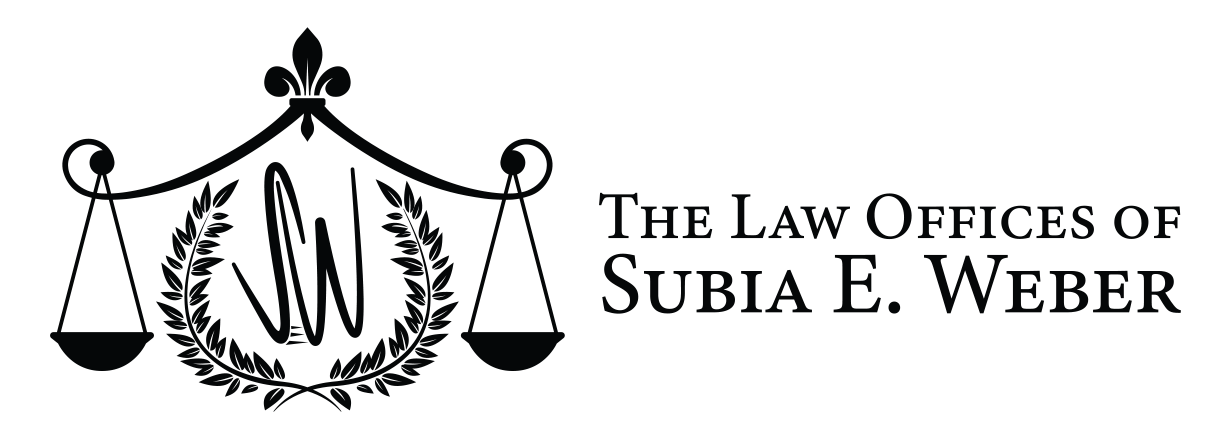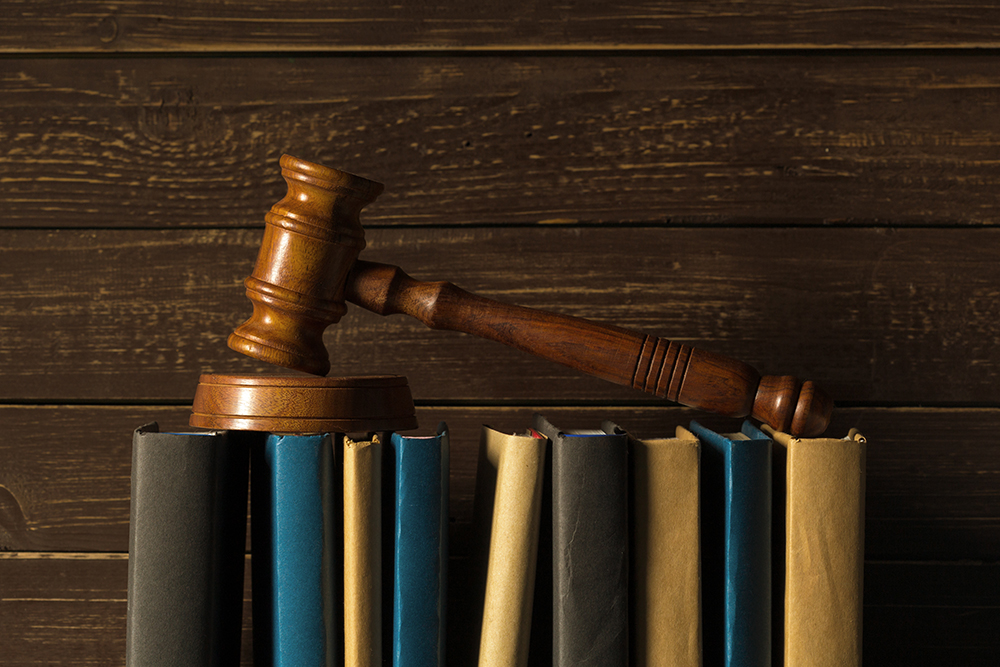Check our FAQs for quick answers to frequently asked questions.
If you have other questions, please contact us.
- What is estate planning?
-
Estate planning is the process of arranging for the management and disposition of a person's assets after they die. This includes creating a will, setting up trusts, designating beneficiaries for life insurance policies and retirement accounts, and appointing someone to manage your financial and healthcare affairs if you become incapacitated.
- Do I need an estate plan?
-
Yes, everyone should have an estate plan, regardless of their age or wealth. Without a plan, your assets may not be distributed according to your wishes, and your loved ones may face unnecessary legal and financial difficulties.
- What documents should be included in an estate plan?
-
An estate plan typically includes a will, a durable power of attorney for finances, an advance healthcare directive, and in some cases, trusts or other specialized documents. The specific documents needed will depend on your individual circumstances.
- How often should I update my estate plan?
-
It's a good idea to review your estate plan periodically and make updates as needed. Major life events, such as marriage, divorce, the birth of a child, or the death of a loved one, can trigger the need for updates. We recommend reviewing your plan every three to five years or sooner if there are significant changes in your life.
- What is probate, and how can I avoid it?
-
Probate is the legal process of settling a person's estate after they die. It involves verifying the validity of the person's will, identifying and inventorying their assets, paying any debts and taxes owed, and distributing the remaining assets to the beneficiaries named in the will. Probate can be time-consuming, costly, and subject to court oversight. To avoid probate, you may be able to use a variety of estate planning strategies, such as trusts, joint ownership, or beneficiary designations.
- What is a trust, and how can it help me?
-
A trust is a legal arrangement in which one person (the trustee) holds and manages property for the benefit of another person (the beneficiary). Trusts can be used to manage assets during your lifetime, provide for the care of minor children or incapacitated loved ones, reduce taxes, and avoid probate. There are many different types of trusts, each with its own advantages and disadvantages.


